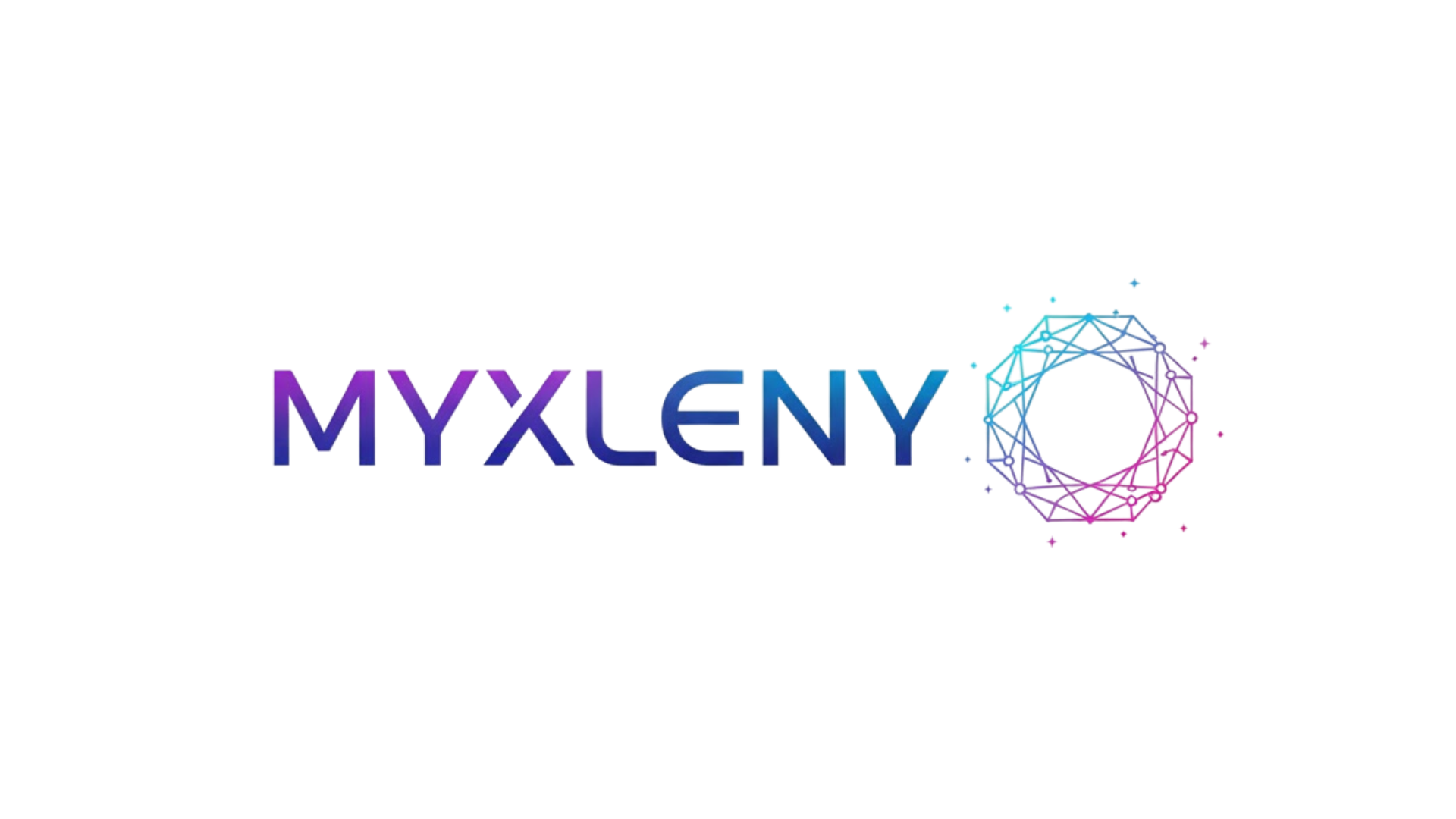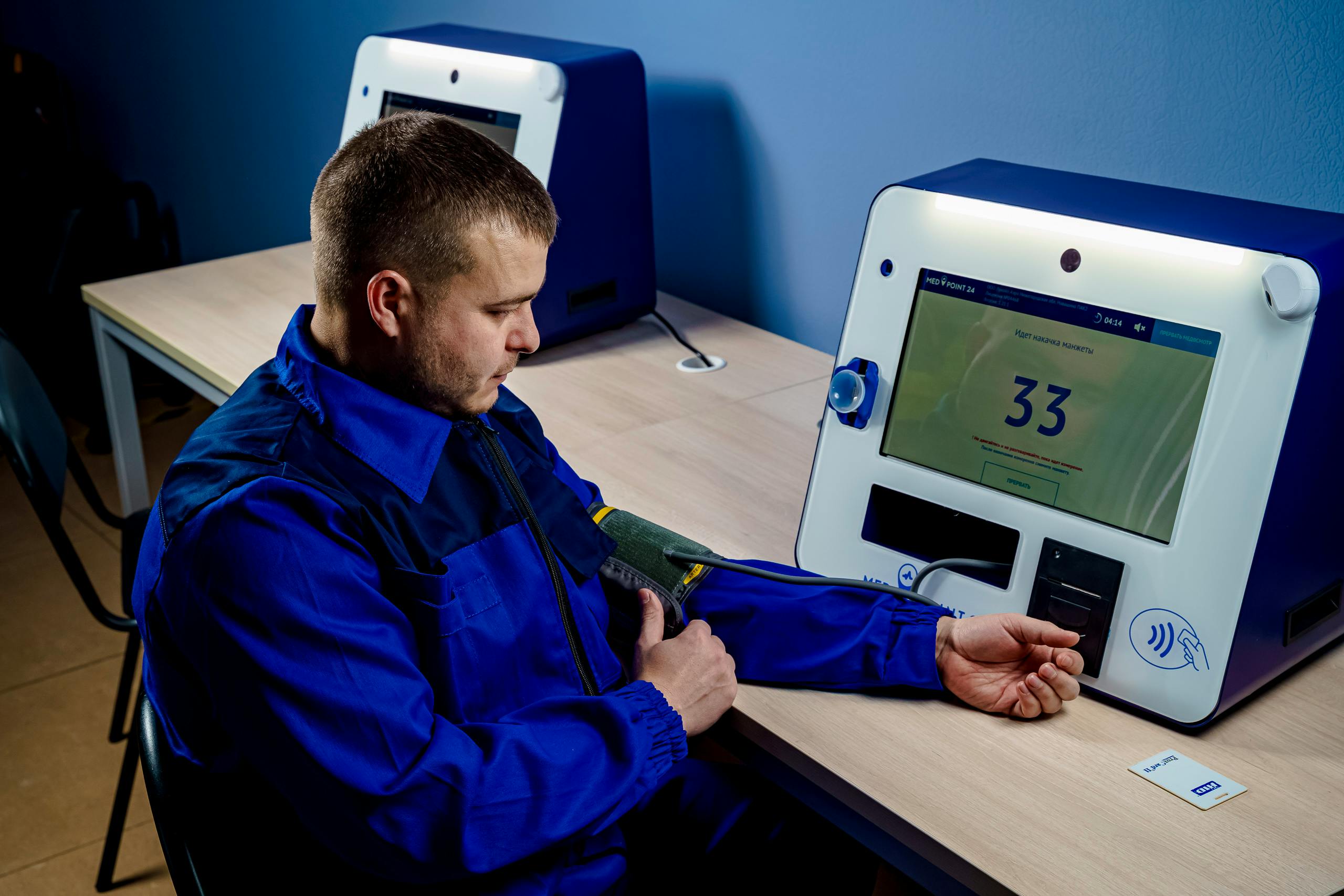Ethical decision-making shapes workplace culture, builds trust, and defines organizational success in today’s complex business environment where integrity matters more than ever.
🎯 Understanding Workplace Ethics in Modern Organizations
The workplace has evolved dramatically over the past decades, bringing new challenges that test our moral compass daily. Ethical decision-making isn’t just about following rules—it’s about doing what’s right even when no one is watching. In today’s interconnected business world, a single ethical lapse can spread across social media within minutes, potentially destroying reputations built over years.
Organizations face ethical dilemmas ranging from data privacy concerns to environmental responsibility, from fair compensation practices to diversity and inclusion initiatives. Each decision made by employees and leaders alike contributes to the ethical fabric of the company. Understanding this landscape is the first step toward building a culture where integrity thrives naturally.
The cost of unethical behavior extends far beyond financial penalties. Companies lose talented employees, customer loyalty evaporates, and shareholder value plummets when ethical standards are compromised. Conversely, organizations known for strong ethical practices attract top talent, retain customers, and enjoy sustainable growth.
🔍 The Foundations of Ethical Decision-Making
At its core, ethical decision-making relies on several fundamental principles that guide individuals toward morally sound choices. These principles serve as anchors when navigating murky waters where the right path isn’t immediately clear.
Core Ethical Principles That Guide Workplace Behavior
Honesty forms the bedrock of ethical conduct. This means being truthful in communications, transparent in dealings, and genuine in relationships. When employees feel pressured to misrepresent facts or hide information, the entire organizational culture suffers.
Fairness ensures that all stakeholders receive equitable treatment regardless of personal relationships or biases. This principle demands that decisions be made based on merit, facts, and consistent standards rather than favoritism or discrimination.
Respect acknowledges the inherent dignity and worth of every individual. In practical terms, this means valuing diverse perspectives, listening actively, and treating colleagues with courtesy regardless of their position in the organizational hierarchy.
Accountability requires individuals to take ownership of their decisions and actions. When mistakes occur, ethical professionals acknowledge them, learn from them, and work to make things right rather than shifting blame or making excuses.
⚖️ Common Ethical Dilemmas in Today’s Workplace
Modern workplaces present countless scenarios where ethical judgment is required. Recognizing these situations is crucial for responding appropriately when they arise.
Conflicts of Interest and Personal Gain
Conflicts of interest occur when personal interests potentially interfere with professional duties. An employee might face a situation where hiring a family member, accepting gifts from vendors, or investing in a competitor creates competing loyalties. These situations require careful navigation to maintain integrity.
The challenge intensifies when the personal benefit isn’t immediately obvious or when cultural norms differ from organizational policies. What seems like innocent networking in one context might represent inappropriate favoritism in another.
Confidentiality and Data Privacy Concerns
In our digital age, information flows freely, making confidentiality breaches easier than ever. Employees handle sensitive data about customers, colleagues, and business operations daily. The temptation to share information—whether through gossip, social media, or well-intentioned communication—can lead to serious ethical violations.
Data privacy extends beyond legal compliance to encompass moral responsibility. Just because you can access certain information doesn’t mean you should, and certainly doesn’t authorize sharing it without proper justification.
Quality Standards and Cutting Corners
Pressure to meet deadlines, reduce costs, or increase productivity sometimes creates incentives to compromise quality or safety standards. Whether it’s rushing through quality checks, using inferior materials, or skipping important procedures, these shortcuts represent serious ethical failures with potentially dangerous consequences.
Professionals face the difficult choice between meeting immediate demands and maintaining standards that protect customers, colleagues, and the broader community. Speaking up requires courage, especially when supervisors or organizational culture pressure employees toward expedience over excellence.
💼 Building Your Personal Ethical Framework
Developing a strong personal ethical framework helps individuals make consistent, principled decisions even under pressure. This framework acts as an internal compass guiding behavior when external guidance is unavailable or unclear.
Identifying Your Core Values
Start by identifying the values that matter most to you personally. These might include integrity, compassion, justice, excellence, or innovation. Understanding your values helps predict how you’ll respond when those values are tested.
Write down your top five values and consider how each applies in workplace contexts. When faced with difficult decisions, refer back to these values to ensure your choices align with your fundamental beliefs.
Establishing Personal Boundaries
Clear boundaries protect your integrity by defining what you will and won’t do professionally. These boundaries might include refusing to lie for colleagues, declining to participate in discriminatory practices, or speaking up when you witness misconduct.
Communicating these boundaries professionally but firmly helps establish your reputation as someone with strong ethical standards. While this might occasionally create short-term discomfort, it builds long-term respect and trust.
🧭 A Practical Framework for Ethical Decision-Making
When confronted with ethical dilemmas, following a structured approach helps ensure thorough consideration of all relevant factors before taking action.
Step One: Recognize the Ethical Issue
Not all ethical issues announce themselves clearly. Sometimes questionable practices become normalized through repetition, making them harder to identify. Develop sensitivity to situations that create discomfort, conflict with stated values, or potentially harm stakeholders.
Ask yourself: Would I be comfortable if this decision appeared on the front page of a newspaper? Would I be proud to explain this choice to my family? If hesitation arises, an ethical dimension likely exists.
Step Two: Gather Relevant Information
Ethical decisions require facts. Collect information about the situation, including organizational policies, legal requirements, industry standards, and potential consequences. Understand who will be affected and how.
Avoid rushing to judgment based on incomplete information or assumptions. Sometimes what appears unethical initially has legitimate justification, while seemingly innocent choices hide problematic implications.
Step Three: Identify Stakeholders and Consequences
Consider everyone affected by the decision: customers, colleagues, shareholders, suppliers, the community, and yourself. Map out potential consequences for each stakeholder group, including both short-term and long-term impacts.
This stakeholder analysis often reveals competing interests requiring careful balancing. Rarely does one choice benefit everyone equally, but understanding these trade-offs enables more informed decision-making.
Step Four: Evaluate Alternative Actions
Generate multiple possible responses to the situation. Resist the false dichotomy that presents only two extreme options. Creative thinking often reveals middle paths that address ethical concerns while achieving business objectives.
Test each alternative against your ethical principles, organizational values, and legal requirements. Consider both what you’re trying to achieve and what you’re trying to avoid.
Step Five: Make and Implement Your Decision
After thorough analysis, commit to the most ethically sound course of action. Develop an implementation plan that considers timing, communication, and potential resistance.
Document your reasoning process. This creates accountability and provides reference material if questions arise later about why you chose this particular path.
Step Six: Reflect and Learn
After implementation, evaluate the outcomes. Did your decision achieve the intended results? Were there unexpected consequences? What would you do differently next time?
This reflection builds ethical wisdom over time, improving your ability to navigate increasingly complex situations effectively.
🤝 Creating an Ethical Workplace Culture
While individual integrity matters enormously, sustainable ethical behavior requires supportive organizational culture. Leaders and employees alike contribute to building environments where doing right is easier than doing wrong.
Leadership’s Role in Modeling Ethical Behavior
Leaders set the ethical tone through their actions far more than their words. When executives prioritize short-term profits over ethical standards, employees notice and adjust their behavior accordingly. Conversely, leaders who consistently choose integrity—even at personal cost—inspire similar choices throughout the organization.
Effective ethical leadership includes creating safe channels for reporting concerns, responding seriously to ethical violations, and rewarding employees who demonstrate strong ethical judgment.
Encouraging Open Communication
Ethical cultures thrive on transparency and dialogue. Employees need confidence that they can raise concerns without retaliation, question decisions without punishment, and admit mistakes without career-ending consequences.
Regular ethics training, accessible reporting mechanisms, and visible follow-through on ethical issues demonstrate organizational commitment to integrity beyond mere policy statements.
Aligning Systems and Incentives
Performance management systems sometimes inadvertently encourage unethical behavior by rewarding results without questioning methods. Compensation structures that emphasize short-term metrics over sustainable practices create pressure to cut ethical corners.
Organizations committed to ethical operations align incentive structures with ethical objectives, measuring and rewarding not just what employees achieve but how they achieve it.
🛡️ Navigating Pressure and Protecting Your Integrity
Even with strong personal ethics and supportive culture, professionals sometimes face intense pressure to compromise their standards. Developing strategies to resist this pressure protects both personal integrity and professional standing.
Recognizing Rationalization Techniques
People rarely choose unethical actions while acknowledging them as such. Instead, they employ rationalization techniques that make questionable choices seem acceptable. Common rationalizations include: “Everyone does it,” “No one will know,” “It’s for a good cause,” or “I have no choice.”
Recognizing these mental patterns in yourself helps interrupt the rationalization process before it leads to regrettable decisions.
Finding Support and Seeking Counsel
When facing difficult ethical decisions, seek perspective from trusted colleagues, mentors, or ethics officers. External viewpoints help identify blind spots and consider angles you might have missed.
Professional associations often provide ethics hotlines or advisory services that offer confidential guidance on challenging situations.
Knowing When to Walk Away
Sometimes the most ethical choice is leaving an organization that consistently demands ethical compromises. While this represents a significant decision with real consequences, staying in environments that require repeated integrity violations damages both psychological wellbeing and professional reputation.
Before reaching this point, exhaust other options including raising concerns through proper channels, seeking transfers to different departments, or proposing alternative approaches. However, recognize that some situations offer no ethical path forward except exit.
🌟 The Long-Term Benefits of Ethical Leadership
Choosing integrity consistently might seem costly in the short term, but it pays substantial dividends over time. These benefits accrue both to individuals and organizations committed to ethical excellence.
Building Reputation and Trust
Reputation represents one of your most valuable professional assets, built slowly through consistent ethical behavior but destroyed quickly through moral lapses. People known for integrity attract opportunities, partnerships, and advancement that would never come to those with questionable ethics.
Similarly, organizations with strong ethical reputations enjoy customer loyalty, investor confidence, and talent attraction advantages that competitors cannot easily replicate.
Enhancing Decision Quality
Ethical decision-making processes typically involve more thorough analysis, broader stakeholder consideration, and longer-term thinking than expedient shortcuts. This comprehensive approach often leads to better decisions even apart from moral considerations.
Teams that discuss ethical dimensions openly surface important issues that might otherwise remain hidden until they become serious problems.
Creating Sustainable Success
Business models built on ethical foundations prove more sustainable than those relying on questionable practices. While cutting corners might generate quick profits, ethical violations eventually surface, creating legal, financial, and reputational crises that threaten organizational survival.
Companies known for integrity weather storms better because stakeholders give them the benefit of the doubt when problems arise, trusting that any issues reflect honest mistakes rather than systematic misconduct.

🚀 Moving Forward with Integrity
Navigating ethical decision-making in the workplace represents an ongoing journey rather than a destination. As business environments evolve, new ethical challenges emerge requiring continued vigilance, learning, and adaptation.
The most important step is committing to integrity as a non-negotiable priority rather than a nice-to-have aspiration. This commitment means preparing in advance for ethical tests rather than hoping you’ll respond appropriately in the moment.
Regular reflection on ethical challenges you’ve faced, decisions you’ve made, and outcomes that resulted helps develop the moral wisdom necessary for increasingly complex situations. Share your experiences with colleagues and learn from theirs, building collective ethical intelligence within your organization.
Remember that ethical behavior isn’t about perfection—everyone makes mistakes. What distinguishes ethical professionals is acknowledging errors, making amends where possible, and learning lessons that prevent similar failures in the future.
The workplace needs people of integrity now more than ever. Technology accelerates business pace, globalization increases complexity, and stakeholder expectations rise continuously. In this environment, professionals who navigate ethical challenges successfully while maintaining principled stances provide invaluable leadership.
Your commitment to ethical decision-making influences more than your immediate workplace. It shapes industry standards, affects community wellbeing, and models behavior for the next generation of professionals. By choosing integrity consistently, you contribute to business environments where ethical excellence becomes the norm rather than the exception.
The path forward requires courage, wisdom, and persistence. There will be moments when doing right feels costly, when standing firm seems professionally risky, and when compromise appears attractive. In these moments, remember why integrity matters—not just for abstract moral reasons, but because ethical behavior creates the kind of workplaces, organizations, and society we all want to be part of.
Start today by identifying one area where your ethical standards could be stronger. Perhaps it’s speaking up more consistently when you witness problems, refusing to participate in workplace gossip, or questioning practices that seem questionable. Small steps in the right direction build momentum toward comprehensive ethical excellence.
Your integrity is ultimately your choice, regardless of organizational culture or leadership example. Choose wisely, act courageously, and trust that ethical decision-making, while sometimes difficult, leads to outcomes you’ll be proud of when you look back on your career.
Toni Santos is a future-of-work researcher and social innovation writer exploring how technology, culture, and global mobility are redefining what it means to work and thrive in the 21st century. Through his studies on automation, digital nomadism, and workforce transformation, Toni examines the balance between progress, adaptability, and human purpose in a rapidly changing world. Passionate about remote collaboration systems and digital inclusion, Toni focuses on how emerging tools and global connectivity empower individuals to build meaningful, flexible, and resilient careers. His work highlights how automation and new work models can coexist with creativity, empathy, and social value. Blending sociology, economics, and digital strategy, Toni writes about the human side of innovation — helping readers understand not only where work is heading, but how to align with its transformation responsibly and purposefully. His work is a tribute to: The evolving relationship between automation and human employment The rise of global, location-independent lifestyles The power of resilience and adaptability in the modern workforce Whether you are a freelancer, remote leader, or curious observer of the new economy, Toni Santos invites you to explore the future of work — one idea, one connection, one transformation at a time.




